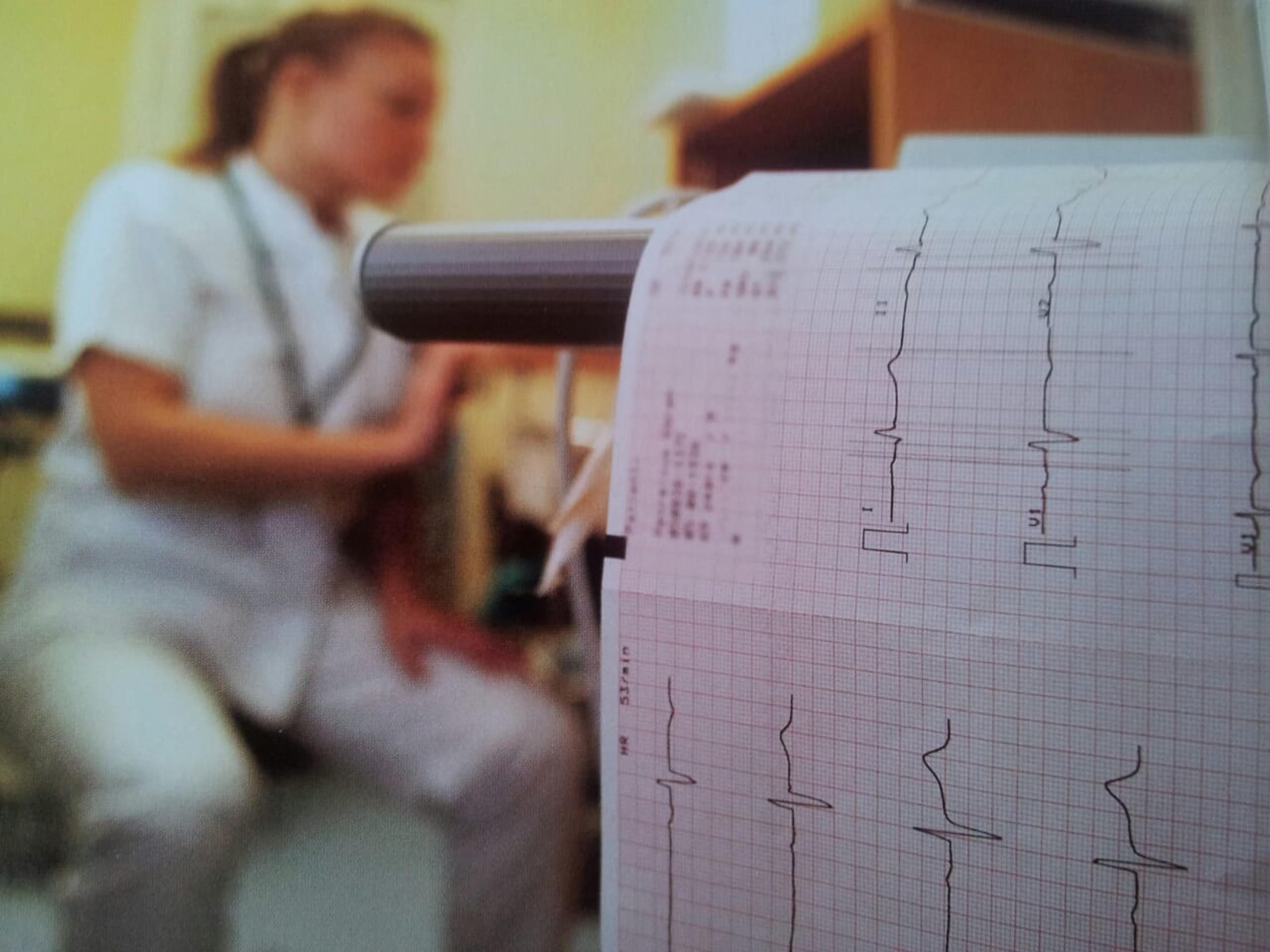
Dr. Deanna Lites, WWJ health reporter In celebration of National Women's Health Week, we caught up with a local media personality to discuss her recent health scare and advice for women everywhere to stay informed about their health. If you've ever tuned into WWJ Newsradio 910, you may be familiar with Dr. Deanna Lites, the station's veteran health reporter. Several times per day, she provides listeners with health tips and industry-related news during her specialized segment, Your Eye on Health. But Deanna doesn't just encourage the station's listeners to practice healthy habits like proper nutrition and regular exercise, she lives her own advice every day. Taking part in physical activity for at least an hour, four to six days per week, she stays active, eats healthy and doesn't smoke. In fact, those who know her would say she's the perfect example of someone who embodies a healthy lifestyle. Despite trouble with high cholesterol in the past, Dr. Lites would've likely agreed with those sentiments. That is, until she received some unexpected test results. While doing a story on heart health tests back in February, Deanna decided to get tested herself for a firsthand perspective and underwent a calcium scoring test. The test involves a CT scan which produces in-depth images of the arteries to determine if they are blocked or narrowed by the buildup of plaque. Having no health concerns, she was surprised when the doctor encouraged her to get additional testing done after reviewing her results. "I couldn't believe it. The doctor looked over at me and said, 'I think you have coronary artery disease and you should get a stress test'," said Deanna. Following a consultation from her own physician, she decided to take part in a stress test, or a period of intense exercise during which the heart's response is monitored with an electrocardiogram (EKG). The evaluation included 11 minutes of moderate jogging on a treadmill, after which, Deanna felt normal and was convinced she had passed with flying colors. However, a call from the doctor the next day confirmed there was something wrong. Several doctors had reviewed her EKG results and recommended another test to look inside her arteries. They were right to be concerned. Upon further examination, the doctors found one artery was 99 percent blocked and two more were 75 percent blocked. Through her wrist and femoral artery, a total of four stents were inserted to open the blocked arteries.
"The doctors said I was basically a walking time bomb," said Deanna. "At any time, I could've suffered a major heart attack."
Since the procedure, Dr. Lites has been prescribed blood thinners and cardiac rehab a few times per week to monitor her progress and stay on top of her heart health. As the most common type of heart disease, coronary artery disease is more prevalent than people think. It's actually the leading cause of death for men and women in the United States. To raise awareness, Deanna shared her story with social media followers and an article on WWJ's website. The responses she's received have been incredible - more than 100 people have either gone to get tested or said they’re planning to get their heart checked. "You just never know. Most people don't know these tests exist, but it's definitely something to consider. Just in the 100 people I’ve come across, a few were referred to a cardiologist for more testing," said Deanna. "Even if the results come back great, the peace of mind is a good feeling to have. You either find out everything is fine or potentially identify a problem early.” Given Deanna's healthy lifestyle, the cardiologist said her condition is probably the result of a genetic predisposition. Luckily, it was caught before any damage could be done to the muscle. Still, she acknowledges something much worse could've happened had it not been for her regular fitness regime and nutritious eating habits and encourages others to be proactive about their personal health. “Get tested. Know your numbers. If you're 40 or older, get the calcium health scan or look into it because it’s a test I would not have ever gone through and yet it saved my life," said Deanna. "I had no symptoms; I was very lucky.” Photo Credit: Helge V. Keitel





